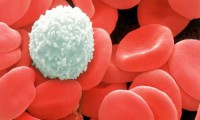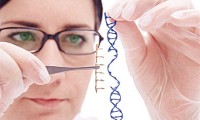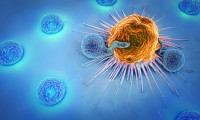-
Not Enough Participants
- Source: medicalnewsbulletin
- 695
- October 27, 2017
-
New genetic variants contribute to the risk of breast cancer in women, study reveals
- Source: news-medical
- 475
- October 25, 2017
-
‘Synthetic gene circuit’ may improve effectiveness of cancer immunotherapy
- Source: medicalnewstoday
- 685
- October 20, 2017
-
Lilly and CureVac Announce Global Collaboration to Develop mRNA Cancer Vaccines
- Source: Finance
- 656
- October 20, 2017
-
Hormone therapy for prostate cancer increases cardiac risk
- Source: medicalnewstoday
- 605
- October 19, 2017
-
New findings explain how UV rays trigger skin cancer
- Source: Medicalxpress
- 562
- October 19, 2017
-
AstraZeneca admits cancer data for acquired drug was fabricated
- Source: Pharmafile
- 632
- October 19, 2017
your submission has already been received.
OK
Subscribe
Please enter a valid Email address!
Submit
The most relevant industry news & insight will be sent to you every two weeks.













